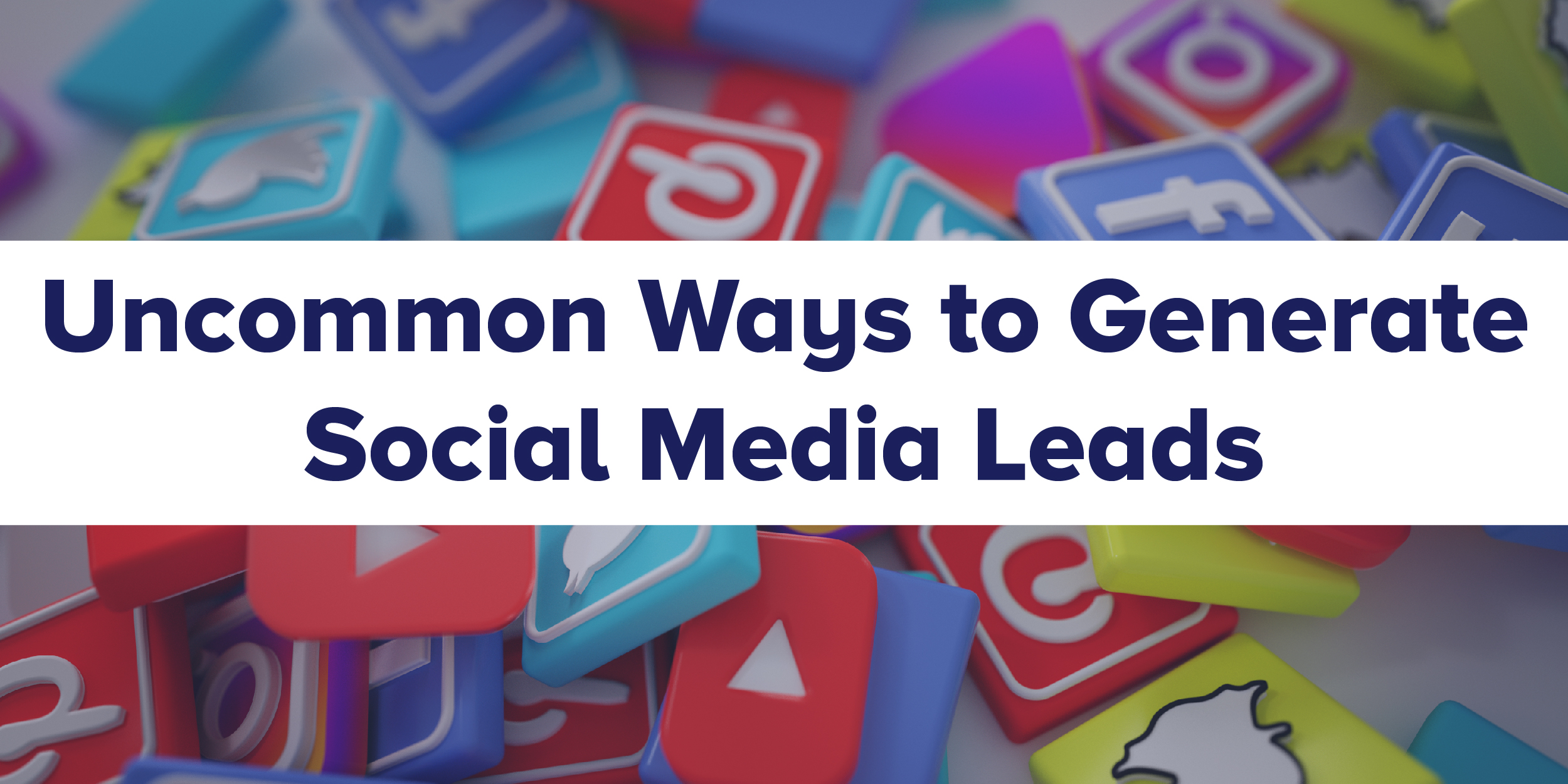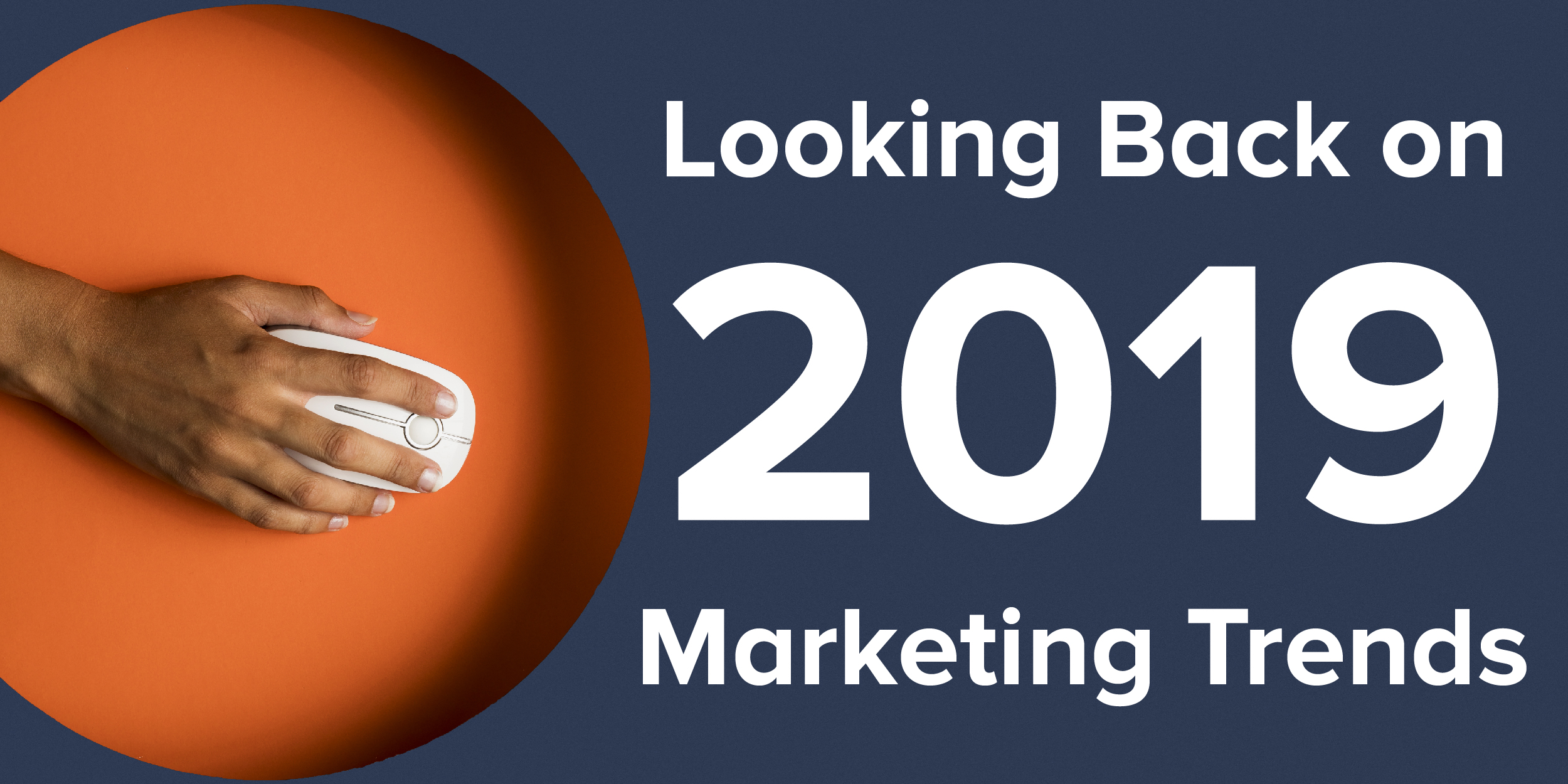Your dealership’s CRM or DMS is full of thousands of hard-earned leads, but over time, it’s hard to keep them all engaged. You can do more with the customers in your DMS, rather than calling every 30 days or every few months. Luckily, there are many techniques you can apply to make sure your customers keep returning to your dealership and not a local competitor.
3 min read
Part 1: Reasons you missed a DMS customer to your competition
By GSM on 9/25/20 12:05 PM
2 min read
What is a Facebook Lookalike Audience?
By GSM on 9/17/20 3:09 PM
What are Lookalike Audiences?
Facebook creates Lookalike Audiences by using your own first-party data. It uses the customer information you have provided via a list upload, as well as customers’ data from their Facebook (interests, likes, groups, etc.), to find similar customers to target with your ad content. Facebook identifies the common qualities shared between your customers and other Facebook users to create more qualified target audience(s).
3 min read
Uncommon and Successful ways to Generate Social Media Leads
By GSM on 3/26/20 3:36 PM
Social media is a critical platform for digital marketing in today’s day and age. Not only does social media give you an active audience of followers to interact with, but it’s a great way to drive people to your website. While frequent posting is a basic way of generating leads via social media, there are also uncommon ways that drive leads too.
2 min read
What is DMS or CRM Retargeting?
By GSM on 2/12/20 3:53 PM
What is a CRM or DMS?
A CRM, or Customer Relationship Management, is software that collects and manages data associated with your customers. For auto dealers, this refers to a DMS or Dealership Management System. Your DMS is more than just digital storage for your customers’ contact information. It contains a wealth of data that can be used to create hyper-relevant, personalized, and targeted content.
2 min read
5 Ways to Increase Digital Ad Engagement
By GSM on 1/15/20 3:22 PM
Digital ads are everywhere, but how often do we engage with them? Figuring out how to increase digital ad engagement is the key to generating qualified leads without wasting money on dead end clicks. While digital ad styles continue to change, here are five current ways to increase digital ad engagement:
7 min read
The Top Five Marketing Trends of 2019 - What Worked and What Didn't
By GSM on 1/6/20 3:20 PM
A 2019 Marketing 'Look Back'
4 min read
Keeping Customers Coming Back Post-Purchase
By GSM on 11/12/19 10:45 AM
In the aftermath of a big purchase, customers want to feel confident about the value they’re getting. This means they still need service, support, information and more from the dealership.
3 min read
What to do During a Social Media Crisis
By GSM on 10/26/17 10:02 AM
During the digital age, social media can either make or break your brand. Word-of-mouth spreads faster than ever as customers have the power to share and create content with the click of a button. No matter what industry you are in, relationship management plays a key role in both your brand’s and company’s success. A healthy relationship with your customers is critical because at the end of the day, your brand is what your customers say it is. Knowing what to do when your brand hits the fan is important for salvaging your company’s reputation and success.
What is a Social Media Crisis?
A social media crisis can be defined by three main criteria – information imbalance, material impact, and overwhelming negativity. When there is information imbalance, a company either knows less than the public on a situation, or just as much. This is important because it creates a power imbalance where customers know more, and can take control of the situation – they decide the fate of your brand.
Material impact refers to the scope and size of the issue. If it is something that will have a material impact on the company – financial, company image, and reputation – then it is considered a material impact. Overwhelming negativity can also affect your brand. It can cause a “me-too bandwagon” effect where customers share or agree with similar negative experiences. This can cause potential clients to choose another brand over yours, or cause the issue to grow based on common disagreement.
What to do when crisis strikes
Your first response, and any response to a social media crisis, is the most important. Unhappy customers will be waiting for it, they will have something to say about it, and they will share it. Below are a few tips to help you prepare for, or respond to, a social media crisis:















